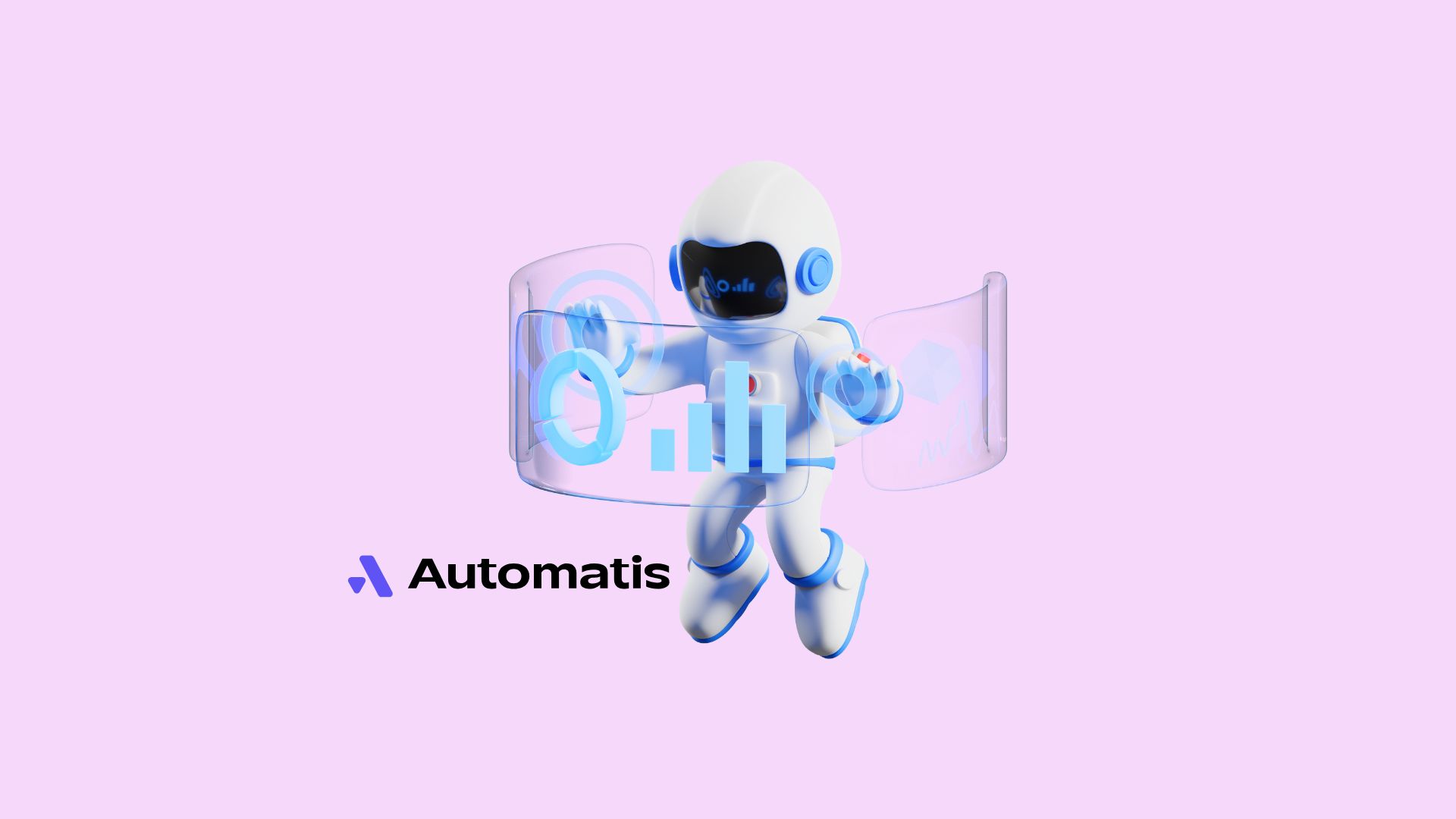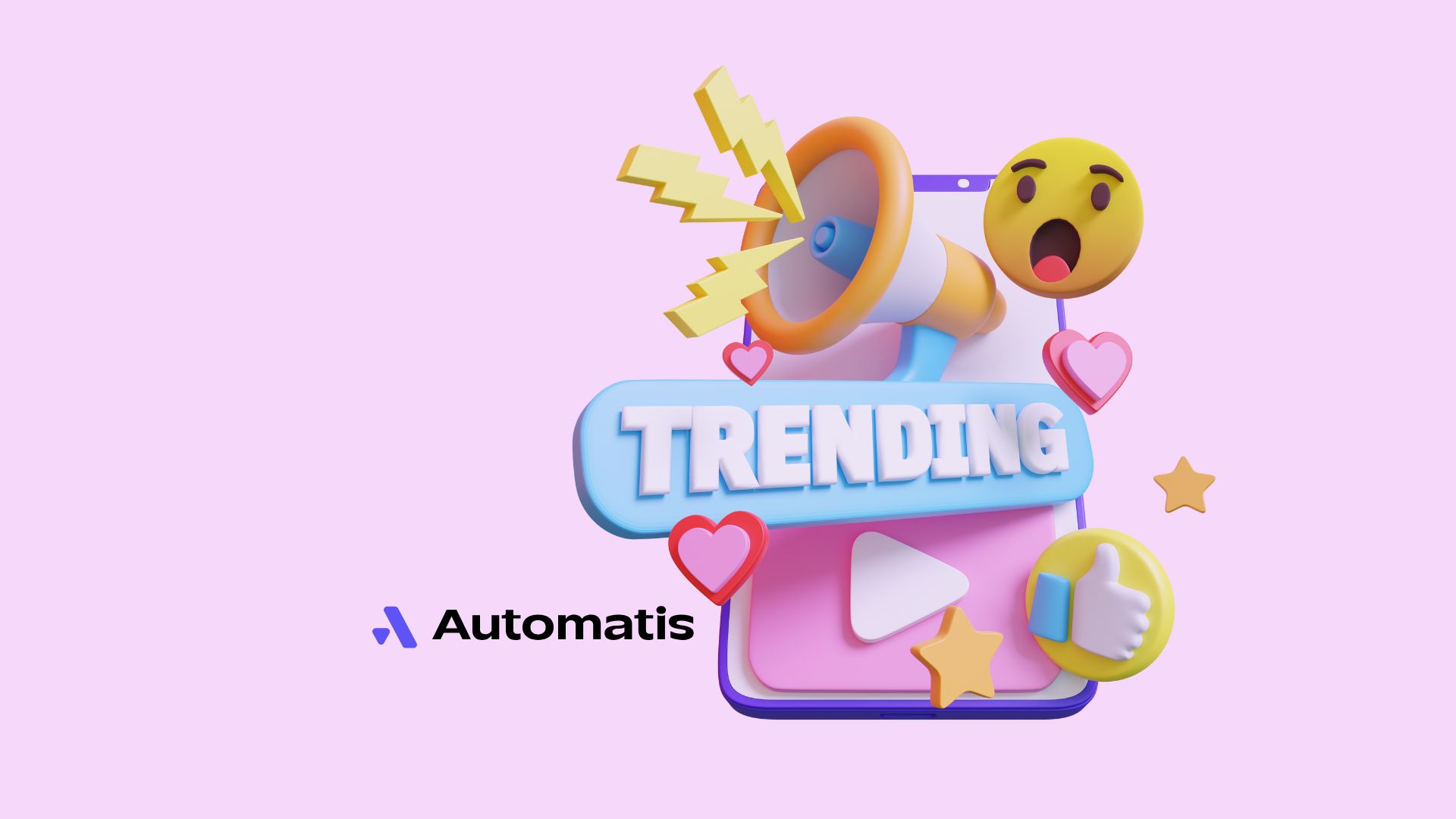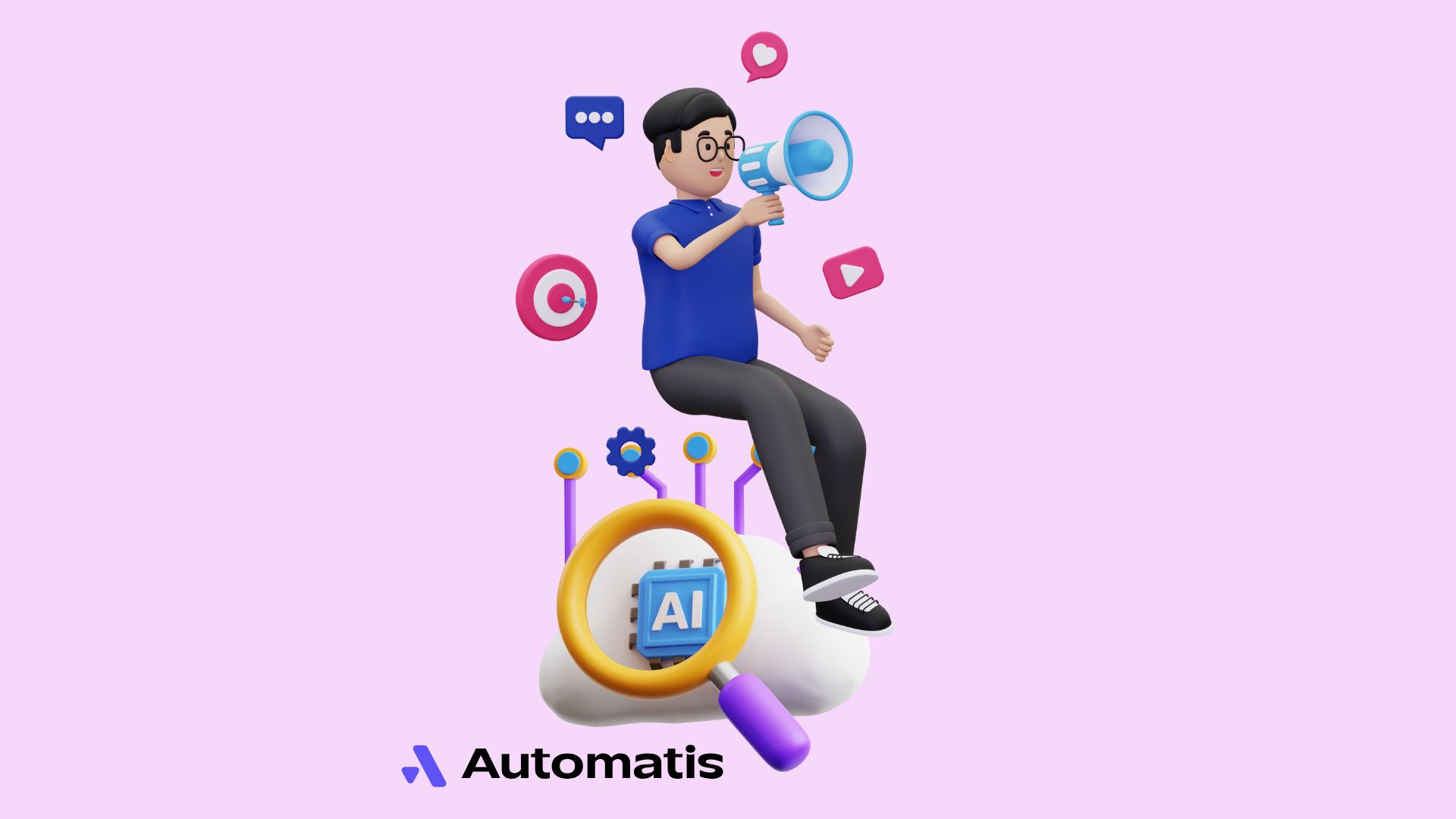Social media has become an inseparable part of our lives, connecting people, cultures, and ideas across the globe. Over the past two decades, platforms like Facebook, Instagram, Twitter, and TikTok have not only transformed how we communicate but have also created entirely new industries. But how did we get here? More importantly, where are we headed? With rapid advancements in technology, the future of social media is a fascinating journey into automated scheduling, AI-driven conversations, and much more.
Streamlining Content Distribution
Automated scheduling tools have revolutionized how content is distributed on social media. These tools not only save time but also ensure that content reaches the right audience at the right time. By pre-scheduling posts, marketers can focus on strategy and creativity rather than repetitive tasks.For instance, a global brand running a multi-platform campaign can use automated tools to simultaneously post content across time zones, ensuring no audience is left out. This capability is especially vital during product launches or promotional events.
Time-Zone Independence
Gone are the days when social media managers had to wake up at odd hours to post content. Automated scheduling allows businesses to transcend geographical and time-zone barriers. By analyzing audience behavior and peak engagement times, tools can schedule posts to maximize visibility.
Take Netflix, for example. Its global campaigns leverage automated tools to cater to diverse audiences, ensuring their content performs optimally across different regions.
Consistency in Posting
One of the golden rules of social media success is consistency. Whether you're a small business or a multinational corporation, maintaining a steady posting schedule is crucial for audience retention. Automated scheduling tools make this effortless by setting up recurring posts, maintaining brand voice, and ensuring campaigns run smoothly.
Consistency builds trust, and trust builds followers. Without it, even the most compelling content risks falling into oblivion.
Artificial Intelligence: Revolutionizing Social Media Engagement
AI-Driven Conversations
Imagine reaching out to a brand on Instagram and receiving an instant, helpful response-no human involved. AI chatbots are the driving force behind this transformation. Powered by natural language processing (NLP), these bots can handle everything from answering FAQs to resolving complaints.
Brands like Sephora and Domino-s Pizza use AI-driven chatbots to enhance customer service, offering personalized recommendations and lightning-fast responses.
Content Personalization
The days of generic content are over. Social media algorithms, powered by AI, now curate user feeds based on individual preferences, behavior, and engagement patterns. Whether it's Netflix recommending your next binge-worthy show or Instagram showing posts you're likely to interact with, AI ensures a hyper-personalized experience.
Predictive analytics further enhances this personalization by anticipating user needs before they even arise.
Sentiment Analysis
AI doesn't just deliver content-it understands how users feel about it. Sentiment analysis tools can gauge emotions from comments, posts, and reviews, providing valuable insights into audience sentiment. Brands can use this data to tweak their strategies in real time, ensuring they strike the right chord with their audience.
The Rise of Virtual and Augmented Reality in Social Media
Immersive Experiences
The integration of Virtual Reality (VR) and Augmented Reality (AR) is redefining the way users interact with social media. Imagine attending a virtual concert on your favorite platform or trying out a new pair of sunglasses through AR filters. This is not a distant dream-it's already happening.
Platforms like Snapchat and Instagram have successfully integrated AR with their filters, allowing users to enhance photos and videos. Meanwhile, companies like Meta are investing heavily in VR, envisioning a future where users can socialize, work, and even shop in fully immersive virtual spaces. The result? Social media will no longer be confined to screens but will extend into virtual environments that feel tangible and engaging.
Virtual Influencers
Step aside, human influencers-AI-generated virtual influencers are taking the stage. These digital personalities, created using advanced AI and graphic design, are already attracting massive followings. Take Lil Miquela, for example, a virtual influencer with millions of followers on Instagram. She collaborates with top brands, releases music, and engages with fans, all while being entirely computer-generated.
Virtual influencers offer brands a level of control and creativity that human influencers cannot, such as ensuring consistency and avoiding scandals. However, challenges such as authenticity and audience connection remain critical areas for improvement.
Live Streaming in Virtual Environments
Live streaming has been a staple of social media engagement, but the next evolution lies in blending real-time interaction with virtual environments. Imagine hosting a live Q&A session where viewers can interact with you in a 3D space, or launching a product in a virtual showroom that customers can explore.
This trend is particularly promising for industries like gaming, fashion, and education, where immersive experiences can drive deeper engagement. As technology advances, live streaming in VR environments could become as common as traditional video streams today.
The Role of Blockchain in Social Media
Enhancing Data Security
Data privacy is one of the most significant concerns for social media users. Blockchain technology offers a solution by decentralizing data storage, ensuring user information is not controlled by a single entity. This reduces the risk of data breaches and provides users with greater control over their personal information.
Blockchain-based platforms like Steemit and Minds are leading the charge, emphasizing transparency and user empowerment. These platforms prioritize secure interactions, giving users confidence that their data won't be exploited.
Monetization and Ownership
Blockchain is also revolutionizing how content creators are compensated. Traditionally, creators rely on platform-specific ad revenue or sponsorships, but blockchain introduces token-based economies where creators can directly earn from their audience. For example, fans can tip creators using cryptocurrency, ensuring fair compensation without intermediaries.
Moreover, blockchain allows creators to retain ownership of their content, preventing unauthorized use or theft. This empowers artists, writers, and influencers to protect their intellectual property while monetizing it effectively.
Combating Fake News
Fake news is a persistent issue on social media, eroding trust and spreading misinformation. Blockchain-s ability to verify information through decentralized ledgers can help combat this problem. By authenticating the source of news and tracking its distribution, blockchain technology has the potential to restore credibility to social media platforms.
This approach could lead to an era where misinformation is drastically reduced, fostering a healthier and more informed online community.
Ethical and Social Implications of AI in Social Media
Balancing Privacy and Personalization
While AI offers incredible personalization, it also raises concerns about user privacy. How much data is too much? Users increasingly demand transparency about how their information is collected and used. Brands and platforms must strike a delicate balance between offering personalized experiences and respecting user privacy.
To address these concerns, platforms are adopting practices such as anonymizing data and providing users with greater control over their preferences. Transparency is no longer optional-it's a necessity.
Addressing Bias in AI Algorithms
AI algorithms are not immune to bias. Whether it's favoring certain types of content or underrepresenting specific demographics, biases in AI can perpetuate inequalities. For example, studies have shown that some AI tools disproportionately censor content from minority groups.
The industry must prioritize fairness and inclusivity in AI development. This includes diversifying training data and regularly auditing algorithms to identify and eliminate biases.
The Impact on Human Connections
As AI takes over more aspects of social media, a critical question arises: Are we losing the human touch? While AI can handle repetitive tasks and provide efficiency, it lacks the empathy and creativity of human interaction. Over-reliance on AI could lead to shallow connections and a loss of authenticity in online spaces.
To counteract this, platforms must integrate AI as a tool to enhance, rather than replace, human interaction. After all, social media is about connection, and technology should serve to amplify, not diminish, our humanity.
Conclusion
Social media is evolving at a pace that's hard to keep up with, but one thing is clear: the future is an exciting blend of automation, AI, VR/AR, and blockchain. These technologies are set to redefine how we create, share, and engage with content, making interactions more personalized, secure, and immersive.
However, with great power comes great responsibility. As platforms adopt advanced technologies, they must prioritize ethical considerations, data security, and the preservation of human connections. By striking the right balance, the future of social media can be both innovative and inclusive.









